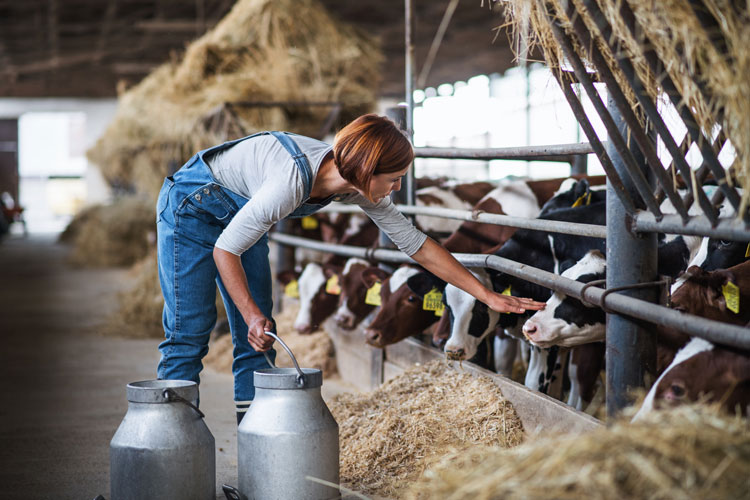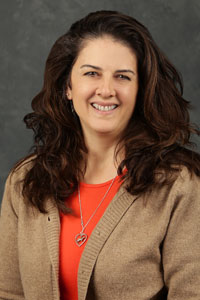The author and her husband, Duane, own and operate a 550-cow dairy in Cochranville, Pa.

Someone recently told me, “What we do a lot of, we typically do well.” I know that is not the most profound statement, but it resonated with me as it relates to farming.

When I look across the dairy industry and take notice of the amazing farmers who have been doing this job for many years, I would have to agree with that statement. Some dairymen and dairywomen have been at this for a while and have acquired certain skill sets.
We all know that farmer who has been matching the right sire with the right dam for decades. He or she just knows how to pick the perfect sire at breeding time.
There are farmers who seem to have a natural ability to look at the dam, understand her weaknesses, and find the right sire to mate her to. However, this is also a gift that is fine-tuned over many years of practice.
When we installed our methane digester a few years ago, another farmer gave us great advice. He told us that we should designate a particular employee to oversee and manage the workings of the digester.
Having one person that can understand the way the digester runs, how to manage the gauges, and oversee the maintenance was good advice. Brian is the perfect employee on our farm to manage the digester. Yes, Duane and others need to understand important day-to-day workings of the methane digester, but for the most part, Brian is the go-to expert on our farm.
Another area I see this play out is with our ovsynch chart. Soon after we shifted from the tie stall barn to the parlor, Duane and I decided to streamline our synchronization chart and move all of the animals that get shots for various reasons to one chart. This process makes it easier for the person who is at the palpation rail on ovsynch day to know who is getting treated and what they are administering to the animals.
We could print out individual reports from our farm software that shows the same information, but the data is printed out on several pages as opposed to putting the ovsynch information on one document. If the animals are in numerical order, it makes it easier for the person who is working at the rail that day.
This has been my project from day one and is a process I have down to an easy task. Having something on the farm that only one person is responsible for is not the best management practice, so there have been times that we have shown other employees the format and the reports where I gather the information.
When it comes down to the weekend, it is just so much easier to do it myself because it is something that I have done week after week for many years. I have even completed it while traveling, and it is not unusual for me to jump on an airplane with several reports in tow.
One more example of a job well done is from one of our milk truck drivers. When Julie first started driving a milk truck for us, she was not new to being behind the wheel, but she was new to backing the milk trailer onto our concrete trailer pad that is narrow and not the easiest to maneuver. I know I would have a very difficult time getting the trailer in a straight position, so there is absolutely zero judgment from me.
There was a time or two that employees offered to help her, but she always declined because she was determined to do this herself and to do it right. She always eventually got the job done, and each week it got easier for her. She really is the prime example of the statement that what we do a lot of we do well.
Julie carried that grit, fierce determination not to quit, and the willingness to not expect perfection the first time she tried. She knew it would take her a few tries to get it right, and she had the patience to keep working at it and accomplish what she needed to.
I think that is one of the reasons farmers enjoy dairy farming as much as we do. Our independent spirit bleeds into our day-to-day work, and we love to be faced with difficult tasks. And when we overcome the challenge, we move on to the next one.
I have heard some people describe their jobs as mundane or unchallenging, but rarely do I hear farmers say those words. Farmers do not describe their career as boring, even when there is a task that we do the same every single day. There are always curve balls thrown our way, and there are never two days that go the same direction.
Those who have been doing the job of dairy farming for a while have all the opportunity in the world to do it well. From what I can see, that is the case and will continue to be the case if farmers are involved.










